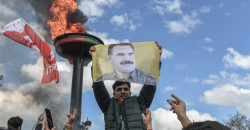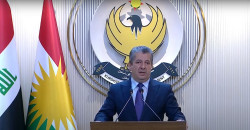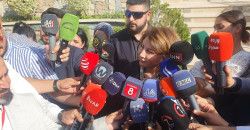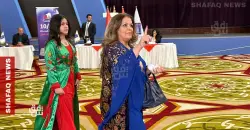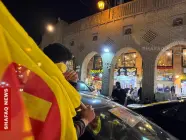Kurdistan Government: Can post-Eid talks bring a resolution?
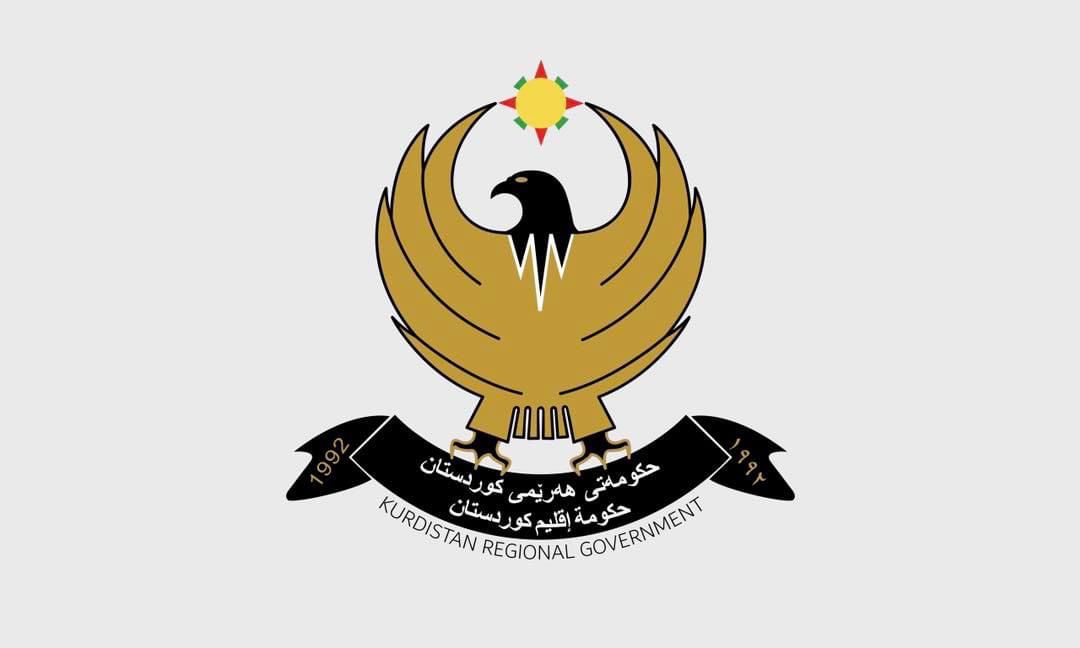
Shafaq News/ Negotiations to form the 10th Kurdistan Regional Government (KRG) have remained deadlocked for months, raising concerns over prolonged political uncertainty in the region. With discussions set to resume after the Eid al-Fitr holiday, political factions are under increasing pressure to finalize a new government and break the impasse that has persisted since the October 2024 parliamentary elections.
A Landscape Shaped by Past Elections
The Kurdistan Region's current political structure is rooted in the 2018 parliamentary elections, where the Kurdistan Democratic Party (KDP), led by Masoud Barzani, secured 45 seats, making it the dominant force in the 111-seat legislature. The Patriotic Union of Kurdistan (PUK) followed with 21 seats, while the Gorran (Change) Movement, weakened by the death of its leader Nowshirwan Mustafa, in 2017, won 12 seats. Other parties, including the New Generation Movement, gained smaller representations.
Government positions were subsequently allocated based on these results. The KDP holds 10 ministerial posts, including that of Prime Minister, while the PUK controls six, including the Deputy Prime Minister’s office. Gorran has five ministries, and the Kurdistan Socialist Democratic Party holds one. Additionally, Christian and Turkmen minorities each have a single ministerial seat. The Ministry of Natural Resources remains vacant, with the KDP-affiliated Minister of Electricity currently overseeing the portfolio in an acting capacity.
A Stalled Government Formation
The October 2024 parliamentary elections saw the KDP maintain its leading position with 39 seats, while the PUK increased its share to 23 seats. Other parties, including the New Generation Movement (Al-Jeel Al-Jadeed), the Kurdistan Islamic Union, and Gorran, secured smaller portions of the vote. However, despite these results, government formation has been stalled due to disputes over leadership positions and governance strategies, delaying the establishment of a functioning administration.
The Kurdistan Region has been without a new government since the previous cabinet’s mandate expired in 2022, leaving the outgoing ministers to operate in a caretaker capacity. Repeated rounds of negotiations between the KDP and PUK have yet to yield a final power-sharing agreement, further deepening political stagnation.
Renewed Hopes for a Breakthrough?
Since November, the KDP and PUK have engaged in multiple rounds of discussions to resolve the deadlock. However, no clear announcements have been made regarding the outcomes of these talks. On March 18, both parties declared they had reached a joint vision for the next government, prioritizing public services and addressing economic and political challenges in the region.
A senior KDP official confirmed that negotiations would resume after Eid, with hopes of overcoming key obstacles. The KDP has indicated that most government positions were nearly finalized following a high-profile meeting in Erbil between KDP Deputy Head Masrour Barzani and PUK President Bafel Talabani. This has sparked speculation over the potential revival of the "Kurdistan Alliance," a partnership that previously unified the two dominant Kurdish parties in governance.
Pshtiwan Sadiq, a member of the KDP Political Bureau and a negotiator in the talks, expressed optimism that discussions would lead to an inclusive government incorporating all major Kurdish factions. “We have reached a good political understanding with the PUK and other parties,” he told reporters after Eid prayers in Erbil.
Challenges and the Road Ahead
Despite these positive signals, sources close to the negotiations suggest the process may extend beyond the Eid break and possibly until after Iraq’s 2025 federal elections, given the broader political complexities involved.
While there is no legal deadline for forming the new government, key Kurdish leaders—including President Nechirvan Barzani and KDP Leader Masoud Barzani—have emphasized the need for swift action to ensure political stability in the Kurdistan Region.
As the post-Eid talks approach, the question remains: Will the KDP and PUK finally bridge their differences, or will the Kurdistan Region continue to navigate a prolonged period of political uncertainty?
